How to Use a pH Meter Correctly in 4 Simple Steps
A neglected pH meter means less reliable experiments, poor reproducibility, and your time wasted. So, learn how to use a pH meter correctly!
Join Us
Sign up for our feature-packed newsletter today to ensure you get the latest expert help and advice to level up your lab work.
Search below to delve into the Bitesize Bio archive. Here, you’ll find over two decades of the best articles, live events, podcasts, and resources, created by real experts and passionate mentors, to help you improve as a bioscientist. Whether you’re looking to learn something new or dig deep into a topic, you’ll find trustworthy, human-crafted content that’s ready to inspire and guide you.

A neglected pH meter means less reliable experiments, poor reproducibility, and your time wasted. So, learn how to use a pH meter correctly!

This guide to troubleshooting microplate assays highlights different microplate features and reader settings and explains the best strategies for obtaining high-quality data.

Discover whether it’s better to build or buy the latest microscope technology for your lab. This article weighs the advantages of custom builds against the ease and reliability of purchasing from vendors, helping you make the best choice for your research needs.

It’s necessary to check pipette calibration every few months to ensure accuracy by dispensing the right volumes. This article explains how to perform pipette calibration yourself so you can ensure they are accurate and avoid the wait for their next service.

Keep your lab’s freeze dryer running smoothly with our expert tips on care and maintenance, including oil changes and vacuum leak fixes.

Don’t let centrifugation scare you. Learn how to balance properly, when to use the brake, and what the difference is between RCF and RPM!

The phenomenon of measurement drift can occur and adversely affect analytical balances when weighing compounds. Read on for our guide on how to prevent this!

The more expensive your lab centrifuge, the more sensitive and the easier it is to break. What can we do to give these pricey monsters a long, successful tenure in the lab? Read our 5 easy tips.

It’s a tough reality, but research can be damaging to the environment. Discover our simple tips and do more sustainable research.

With the NanoDrop spectrophotometer, quantifying a DNA, RNA, or protein sample concentration is as easy. Here’s everything you need to know about the strengths and limitations of this handy spec.

Pipetting errors getting you down? Learn how to avoid and correct errors that hurt your pipetting accuracy in this easy-to-follow article.

Is patching clamping a problem? Struggling to get a good seal? There is no need to stress! We’ve got tips on picking and preparing the perfect pipette for your patch clamping experiment!

We’ve created an alternative, centrifugation-based method for the purification of cell-free DNA (cfDNA) that utilizes a benchtop clinical centrifuge.
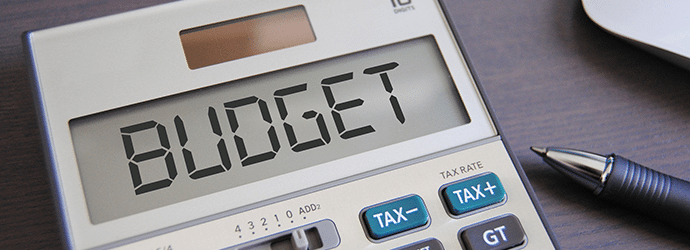
Not every lab has the cash to shell out on fancy equipment. We share some trusty lab hacks and welcome you to share your own with us.
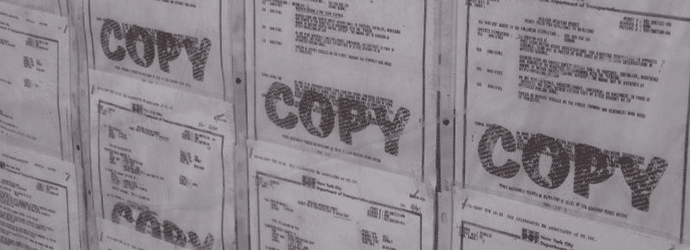
Excellent research takes time and effort, and a publication is your chance to showcase your hard work. While your main motivation might be to share and discuss your results, your methodology section is key to the reproducibility of your work, acting as a foundation for other researchers to repeat and build upon your findings. In…
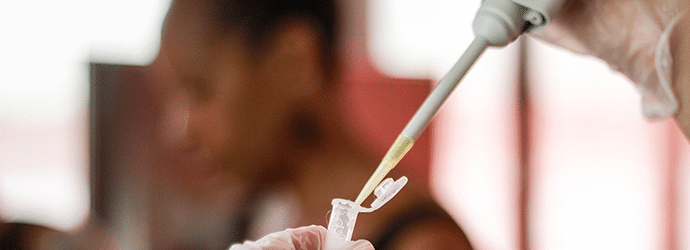
As scientists, we are trained to design an experiment with the bigger picture in mind; the ultimate goals being to publish quality data and demonstrate scientific rigor. However, sometimes you need to focus on the little things, such as perfecting control and experimental samples, incubation times, and ordering reagents to truly ensure that you obtain…

I was so excited to start using 384-well plates for my assays. With so many wells, these plates are useful for testing many conditions in parallel, as required in ELISAs, siRNA library screens, and drug treatment dilutions. However, I quickly learned that pipetting in these plates is more complicated than I thought. This article contains…

Pipettes are not just fancy handlebars for your tips, they are essential for precisely measuring and dispensing liquids. These standard ‘tools of your trade’ enable you to accurately repeat experiments, validate results, make important comparisons between projects and eventually publish that outstanding paper. But there are a few pipette pitfalls. And they don’t just trap…

Working with anaerobic chambers is a unique skill set to have. It is only necessary if you are working with oxygen sensitive compounds. For example, some metallo-proteins require an oxygen free environment to stay in a reduced state, while others are sensitive and even reactive to oxygen. Sometimes working in anaerobic chambers requires a long…
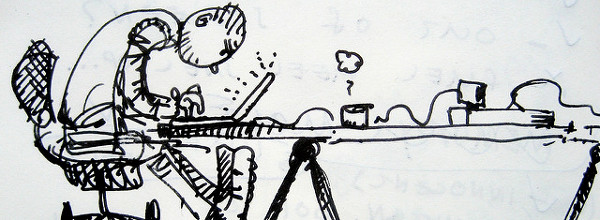
If you’ve ever had backache from sitting at the microscope or biosafety cabinet, these tips may be useful for you!
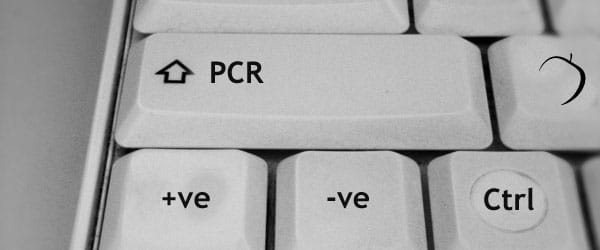
The precision and accuracy of even the best calibrated pipette can be wiped out if you choose the wrong kind of tips. Depending on the experiment you are doing, the wrong kind of tips can also make your pipette a source of contamination, lead to waste of precious samples or reagents—or even cause you physical…

Sometimes working with a liquid handling machine seems a bit like wrangling a wild mustang—I know what I want it to do, but the software doesn’t work that way. That’s particularly true when working with 96-well plates. So, sometimes you have to think “outside the box.” Don’t limit yourself to what the manufacturer intended (but…

Interested in whether your protein uses oxygen to mediate reactions? Wondering if oxygen is keeping your enzyme from its duty? Then what you need as an anaerobic tent! These tips provide some basic knowledge to help you perform experiments using an anaerobic tent. What is an anaerobic tent? Most biologists who work in oxygen-free environments…
Rust spots provide a good shelter for bugs, which will get there one day, and from the rust into your tissue culture. Here’s what you can do to deal with the problem as soon as you see it.

Here are some ideas to make your liquid handling robot perform at its best.

Working in a lab in a developing country can be a unique and exciting opportunity for any scientist. It can be very rewarding, but also challenging as you navigate foreign settings to conduct your research. Here are ten tips for working at the bench in developing countries. 1. Expect cultural differences Everyone approaches science differently…
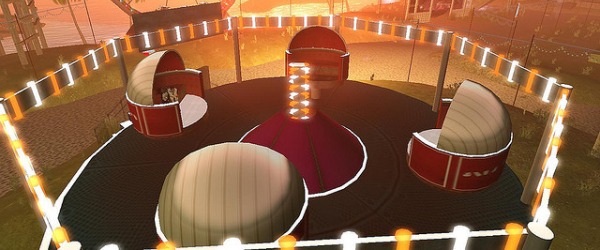
Here are five unfortunately easy ways to wreck a centrifuge, and how to make sure it never happens in the first place!

Resolve lab obstacles with creative solutions with these non-lab products that can actually be very useful in the lab environment.

A variety of lab supplies can be purchased off the shelf in your neighborhood, which can save you time and money. Here is a grocery list of items that you can stock your lab with today!

Here are our top 10 least favorite ways to ruin that larger-than-life-sized autoclave. Don’t try these—your lab manager won’t be pleased!

Every research lab is full of equipment specially designed for specific technical and experimental requirements, unfortunately this means said equipment is often expensive. Thankfully there are simple and cheap everyday items which can help you with your experiments and generally make life a lot easier. 1) Perforated metal ladle – to fish out samples from…

Here’s a quick guide to cleaning and maintenance, to help you overcome your fears of the monsters lurking in your water bath.

Several years ago as a freshman in a research lab, the very first project I received was to pipette incremental micro-volumes of H2O onto a piece of parafilm. Boring! Weighing the liquid on parafilm and comparing the weight between 10 replicates for each micro-volume continued for a week before I touched anything else in that…

Microcentrifuges are pretty much the epitome of efficiency, but I have a couple of suggestions that may make using this instrument even easier. Divide by ThreeNot only is the number of tubes a microcentrifuge can hold divisible by two, but almost always by three as well. How does this help you? If you have an…
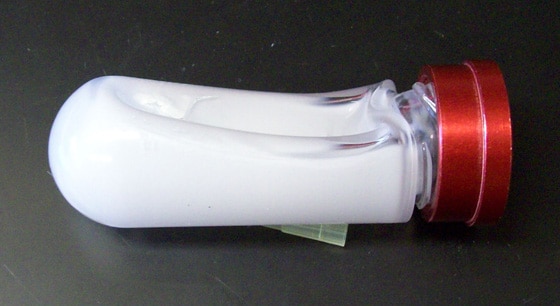
Have a healthy respect for the ultra! Here are some hints and tips for using a preparative ultracentrifuge, disaster free.

While almost all of you are probably familiar with the power of eBay to bring you everything from concert tickets to electronics to your very own Batmobile, you may not have realized that the world’s largest garage sale also has quite a collection of laboratory equipment. I’ve been turning to this source for equipment for…
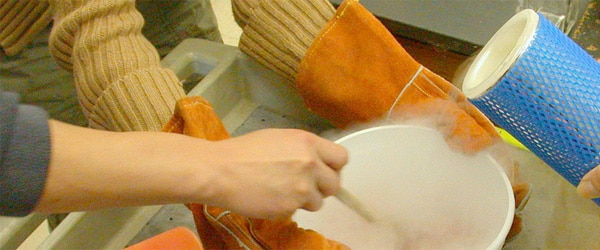
We recently had a feature from Jode on everyday equipment that you can use in the lab, but what about the other way around? Do you ever take a look at what you’re doing in the lab and think, “Wow, this would really come in handy at home?” Here are a few of the things…

Find out how to build a plate centrifuge using a salad spinner. Gathering the components is as complicated as it gets!

RPM and RCF are two units that can be used to describe the speed of a centrifuge. Although they may look similar, they are oh-so-different and confusing them has resulted a disastrous end to many an experiment. So let’s set it out in black and white to make sure you don’t succumb to the same…

Looking for cheaper or faster solutions in the lab? Here’s our top 10 list of ways to use everyday items to make gadgets and for low-tech solutions for the lab.

The eBook with top tips from our Researcher community.